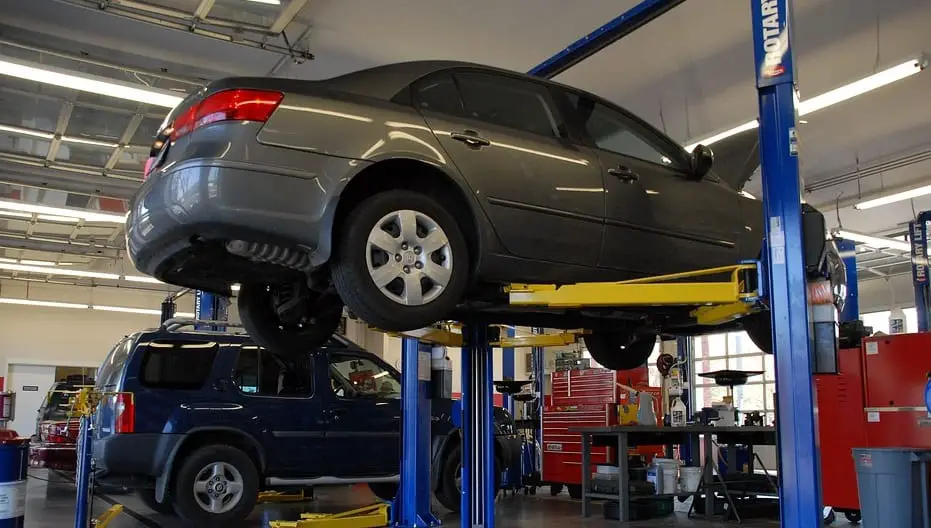
New KPA solution will help fuel cell vehicles receive maintenance safely
February 22, 2018KPA develops new hydrogen sensors to support vehicle maintenance
Toyota and KPA Services have begun working together to incorporate hydrogen sensors into vehicle repair facilities that are operated by KPA. These sensors would allow these facilities to serve fuel cell vehicles. The two companies have begun testing these sensors at the National Renewable Energy Laboratory’s Hydrogen Sensor Laboratory. The new sensors could help ensure that maintenance on fuel cell vehicles is conducted safely, which could eventually increase consumer confidence in these vehicles.
Safe vehicle maintenance has become a priority
Automakers have taken efforts to ensure that fuel cell vehicles are safe to operate under normal circumstances. During maintenance, however, there is a higher risk that hydrogen escapes from its storage tank. The dangers associated with this release of hydrogen can be mitigated through proper facility design and the use of advanced hydrogen sensors. KPA Services has developed a modular solution that is meant to adapt to the needs of existing repair facilities. Both KPA and the National Renewable Energy Laboratory have identified a single hydrogen sensor that will be used in KPA’s new solution.
Toyota continues to support solutions that help fuel cell vehicles
The new solution has already been deployed to 9 Toyota repair facilities. These facilities are now capable of performing safe maintenance on fuel cell vehicles. Toyota has shown strong support for any solutions that improve the appeal of fuel cell technology, largely because the automaker has invested in the technology itself already. Toyota is among the first major companies to launch a fuel cell car and has been making efforts to ensure that it is a success among consumers. Part of this involves ensuring that drivers can effectively have their fuel cell vehicles properly services.
Automakers have taken steps to make fuel cell cars safe for drivers
The safety of fuel cell vehicles has been a point of concern for some consumers for some time now. Many are worried about the volatility of hydrogen and the dangers it poses in the case of fuel leaks. Automakers like Toyota have, however, taken steps to ensure that these dangers are mitigated. Typically, fuel cell cars are equipped with advanced storage technology that is designed to prevent fuel leaks.



 With over 15 years of reporting hydrogen news, we are your premier source for the latest updates and insights in hydrogen and renewable energy.
With over 15 years of reporting hydrogen news, we are your premier source for the latest updates and insights in hydrogen and renewable energy.
One of the attractive characteristics of the Hydrogen fuel cell is that it operates at relatively low temperatures – 50 to 100 degrees C. A typical fuel cell running at 0.6 to 0.8 volts has an efficiency of about 50% (plus or minus 10%), which means 50% of the hydrogen energy is converted into electricity and 50% into waste heat. This is not bad if you Compare this to the efficiency of a gasoline engine which is about 20% and it require high temperature around 1000 degrees